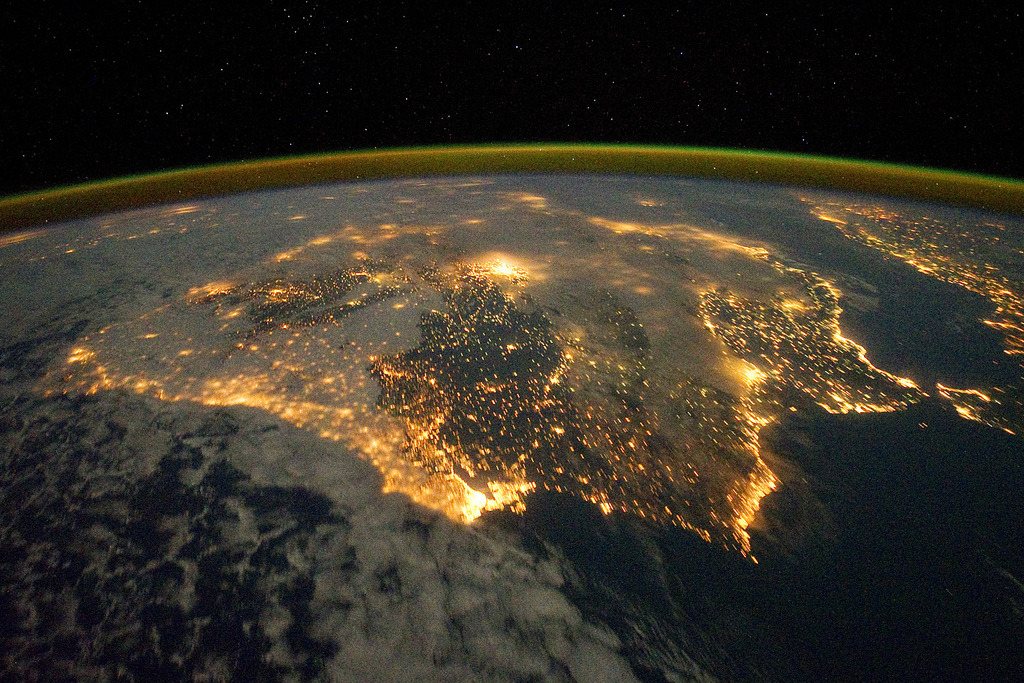From pv magazine Spain.
After approving new technical and administrative rules for electricity self-consumption in December, the Spanish government has opened a public consultation – until next Friday – on a Royal Decree containing the provisions.
The proposal includes a form of self-consumption that does not involve surplus energy being fed into the grid, in addition to the usual net metering provisions. Systems outside the net metering regime would not require permission for grid connection.
For net metering systems above 100 kW in size, a mechanism would enable owners to share surplus power with consumers nearby or to inject it into the grid.
Popular content
The shared self-consumption model would be allowed only for projects connected to an internal network of associated consumers or linked to them through direct lines; that are connected to the low voltage network linked to the same transformation center; that are connected for generation and consumption to the low voltage grid at a distance between them of less than 500 meters; and that are located, for generation and consumption, in the same cadastral reference – zip code. Compensation would be paid monthly and any excess energy left over each month would be lost.
Under the proposal, a simplified compensation mechanism would consist of an economic balance between the energy consumed in the billing period with either an hourly rate or a fixed market price, with generators permitted to sell energy under only one arrangement.
This content is protected by copyright and may not be reused. If you want to cooperate with us and would like to reuse some of our content, please contact: editors@pv-magazine.com.



2 comments
By submitting this form you agree to pv magazine using your data for the purposes of publishing your comment.
Your personal data will only be disclosed or otherwise transmitted to third parties for the purposes of spam filtering or if this is necessary for technical maintenance of the website. Any other transfer to third parties will not take place unless this is justified on the basis of applicable data protection regulations or if pv magazine is legally obliged to do so.
You may revoke this consent at any time with effect for the future, in which case your personal data will be deleted immediately. Otherwise, your data will be deleted if pv magazine has processed your request or the purpose of data storage is fulfilled.
Further information on data privacy can be found in our Data Protection Policy.